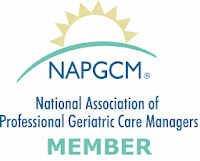Some important information about the 2013-2014 flu season (source: www.cdc.gov):
- Flu season generally peaks in January-February, although seasonal flu activity can run from October through May.
- The Centers for Disease Control recommends a yearly flu vaccine for everyone 6 months of age and older.
- Manufacturers project that they will produce between 135-139 million doses of influenza vaccine for the U.S. during the 2013-2014 season. This year's trivalent vaccine is made from the following three viruses:
- an A/California/7/2009 (H1N1)pdm09-like virus
- an A(H3N2) virus antigenically like the cell-propagated prototype virus A/Victoria/361/2011
- a B/Massachusetts/2/2012-like virus.
- Epidemics of flu happen every year, and their length, timing, and severity are variable.
- Practice good health habits to stop the spread of germs: Avoid close contact with people who are sick. Stay home when you are sick. Cover your mouth and nose with a tissue when coughing or sneezing, or do so into the inside of your elbow. Wash your hands often, and use an alcohol-based hand rub when soap and water is not available. Avoid touching your eyes, nose, and mouth. Maintain good overall health, by staying physically active, managing stress, drinking plenty of water, and eating nutritious food.
- If you do get sick, there are antiviral medications to treat the flu, which may make the illness milder, help you feel better faster, and may prevent serious complications such as pneumonia.
 |
| Kathleen Sebelius demonstrates the "vampire" sneeze. |
Stay healthy!








